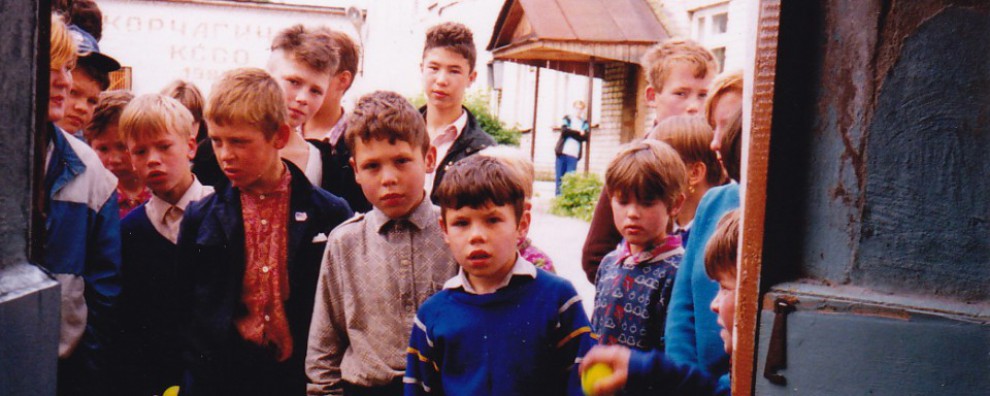“And to completely analyze what we do when we read would almost be the acme of a psychologist’s achievements, for it would be to describe very many of the workings of the human mind, as well as to unravel the the tangled story of the most remarkable specific performance that civilization has learned in all its history.”
Edmund Burke Huey’s The Psychology and Pedagogy of Reading (Cambridge: MIT Press, 1968), first published in 1908, is apparently one of the first serious, scholarly monographs on the how the brain performs during reading, and the methodology teachers might use to improve that performance. Mr. Huey was an early research psychologist, and he occupied the first half of this book with (as the title patently indicates) the psychology of reading. More useful, if one is a teacher, is the second half of the book on the pedagogy of reading.
Such books are abundant now, and some are better than others. What I find particularly interesting about Mr. Huey’s exposition of the pedagogy of reading is his integration of elements of the history of publishing (types of editions, typefaces, illustrations, and the like) into consideration in how a pedagogue can best assist his or her charges in learning to read. What might teachers improve in the design–in terms of type characteristics, design, syntax, forms of sentences, punctuation–of curriculum for struggling learners? Edmund Burke Huey opens that discussion here.
Given the amount of research into, well, the psychology and pedagogy of reading since this book’s publication (which was in 1908, after all), this is probably not the best book to read if you are looking to improve your teaching practice quickly. On the other hand, if you want a carefully researched meditation on reading, and an interesting piece of intellectual history, this is a book well worth examining.
